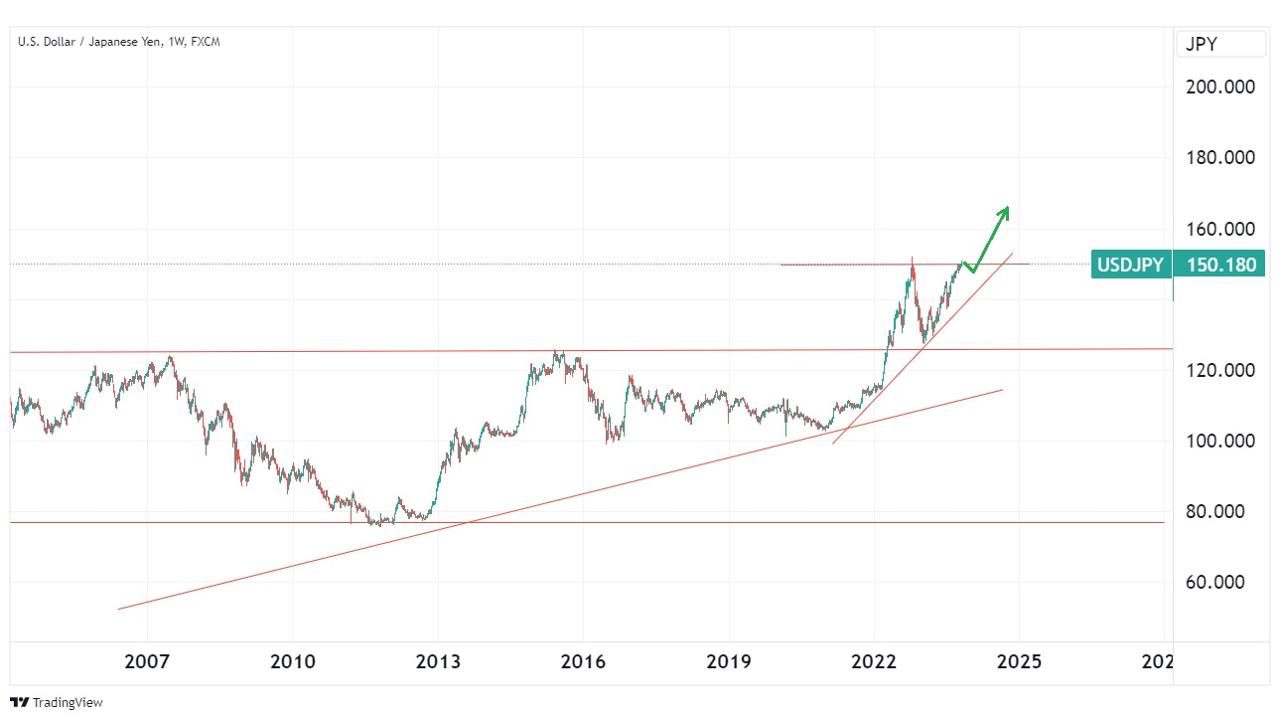Video:
Take our online poll:
AI Analysis:
A rising debt-to-GDP ratio can have various economic, fiscal, and financial effects on a country. The specific consequences depend on the level of debt, the rate at which it is increasing, and the country's economic and political circumstances. Here are some of the effects of a rising debt-to-GDP ratio:
1) Interest Payments: As the debt-to-GDP ratio increases, a larger portion of the government's budget may need to be allocated to interest payments on the debt. This can crowd out spending on other important government programs, such as healthcare, education, and infrastructure.
2) Reduced Fiscal Flexibility: High debt levels can reduce a government's ability to respond to economic downturns or crises by implementing fiscal stimulus measures. Governments with high debt may be constrained in their ability to lower taxes or increase spending during recessions.
3) Creditworthiness: A rising debt-to-GDP ratio can lead to a deterioration in a country's creditworthiness. This can result in higher interest rates on new government debt, making it more expensive to borrow and potentially exacerbating the debt problem.
4) Inflationary Pressure: In some cases, governments may be tempted to address high debt levels by resorting to inflationary policies. This can erode the purchasing power of a country's currency and hurt savers and fixed-income earners.
5) Exchange Rate Volatility: A high debt-to-GDP ratio can lead to exchange rate instability, particularly if investors lose confidence in a country's ability to manage its debt. This can affect international trade and capital flows.
6) Investor Confidence: High debt levels can erode investor confidence, leading to a sell-off of government bonds and other assets. This can result in a financial crisis and higher borrowing costs.
7) Economic Growth: If a high debt-to-GDP ratio is accompanied by doubts about the government's ability to manage its finances, it can negatively impact economic growth. Investors may become more risk-averse, and businesses may delay investments.
8) Reduced Government Investments: Governments with high debt levels may be hesitant to invest in infrastructure, education, and research and development, which are essential for long-term economic growth.
9) Generational Equity: High levels of government debt can raise concerns about generational equity. Future generations may be burdened with repaying the debt, which can lead to intergenerational conflicts.
10) Political Pressure: A rising debt-to-GDP ratio can create political pressure to increase taxes or reduce government spending. These measures may be unpopular and can affect political stability.
11) Weaker Financial Sector: High government debt can weaken the financial sector if it holds a significant amount of government bonds. Financial institutions may be at risk if the value of these assets declines.
12) Social Services: To manage debt, governments may cut spending on essential social services, affecting the well-being of citizens, particularly vulnerable populations.
13) International Repercussions: A high debt-to-GDP ratio can affect a country's standing in international financial institutions and negotiations, potentially limiting its influence on the global stage.
It's important to note that the impact of a rising debt-to-GDP ratio is not uniform across countries. Factors such as the level of economic development, the stability of institutions, and access to international financial markets can influence how a country manages its debt burden. Additionally, policymakers often need to strike a balance between fiscal discipline and addressing pressing economic and social needs. Reducing a high debt burden usually involves a combination of prudent fiscal policies, economic growth, and potentially structural reforms.
Chart:

References:


Comments